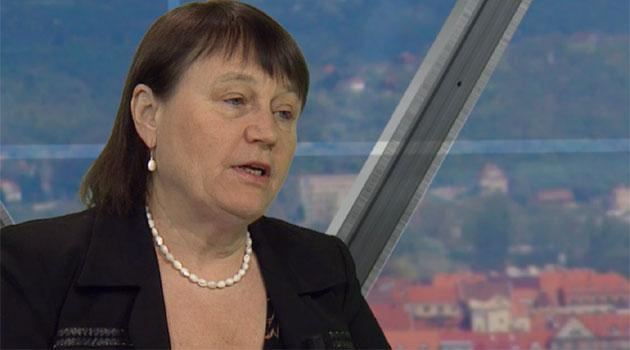The Czech ombud will evidently be granted new powers to approach the Constitutional Court with motions to rescind controversial laws or parts thereof. The ombud will also get new powers to file public lawsuits over discrimination.
Both powers are part of a proposed amendment to the law on the Public Defender of Rights which the Government should discuss on Monday. Czech Human Rights Minister Jiří Dienstbier (Czech Social Democratic Party – ČSSD) proposed the legislative changes.
The cabinet has also listed the legislative changes as part of its program declaration. Currently the Public Defender of Rights (the ombud) cannot ask the Constitutional Court to evaluate and eventually rescind controversial laws or parts thereof.
According to the background information prepared for the Government, it is precisely the ombud who regularly encounters problematic legal provisions during its investigation of people’s complaints, provisions that could be unconstitutional.
Currently the only people who can approach the Constitutional Court directly are the President or a group of at least 41 MPs or 17 Senators.
Under certain conditions the Government, a Regional Authority, or an individual affected by a problem can complain to the court as well.
Dienstbier told the Czech News Agency previously that the new powers for the ombud would enhance human rights protections, as reportedly there is not always the political will to address such legislative discrepancies.
The ombud will also be newly empowered to file public prosecutions over discrimination.
Currently only a victim of discrimination can turn to the courts in such cases.
However, according to the justification of the proposed amendment, addressing such individual cases through the courts is no guarantee that discriminatory behavior will be eliminated across the board.
A ban on the unequal treatment of one person does not legally constitute a ban on continuing to treat others in that way.
"In matters of discrimination a public action is the appropriate tool for ending the behavior that often concerns the rights of a very broad circle of persons," the authors of the bill say.
The ombud would, according to the bill, also be also to monitor the fulfillment of the Convention on the Rights of Persons with Disabilities.
After its powers are expanded, the Office of the Public Defender would hire 10 more staff members.
The cost of equipping their workplaces and providing them with computer technology will be CZK 1 million, while operations and salaries would cost an additional CZK 6.25 million per year.
An advisory body would also be created that could focus on the issue of the rights of persons with disablities.
The body would have a maximum of 15 members who would meet four times a year.
The annual operation of such a council would cost CZK 653 000.
For the first year, expenditures associated with the changes would therefore total roughly CZK 7.91 million and a million crowns less in subsequent years, the authors of the bill estimate.
According to the Government’s legislative plan, the changes should take effect as of 2016.
In the text of the amendment, however, the deadline for the law taking effect is the second month after the law is announced in the collections of laws.
The ombud could, therefore, acquire her new powers sooner than 2016. She could begin monitoring the fulfillment of the Convention on the Rights of Persons with Disabilities as of July of next year.
